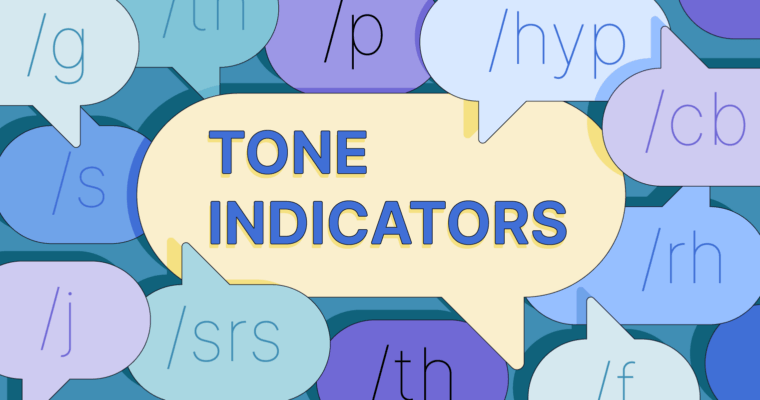
Effective writing requires clear and concise words. When text has needless or repetitive words, your reader can become disengaged or confused, and your points can get lost. To help your writing get through to your reader efficiently, you’ll need to learn and practice conciseness.
Table of Contents
When conciseness isn’t done well
What is conciseness?
Conciseness is communicating complete information about a topic or idea in a few words. Concise writing also involves being mindful of word choice.
Limiting your word count isn’t enough to write concisely. You need to choose the strongest words to illustrate your point.
Conciseness in writing
Wordiness is an easy habit to fall into. Some writers write the way they speak, using filler phrases and redundant words that might sound natural during the writing process. These unnecessary words can make your written message hard to understand.
Concise writing removes or replaces filler, repetitive, and purposeless words from sentences. You can edit your writing for conciseness in a few ways.
Identify passive voice
Passive voice might make sense if you’re writing something formal, but sentences with passive voice use more words than active voice. Find areas of passive voice in the text and recast it into active voice using powerful words.
Replace commonly used phrases
Replacing overused phrases with substantive words is another way to write more concisely. In addition to writing succinctly, your writing has a greater impact because of your deliberate word choices.
Remove redundant pairs
Some common phrases use two words that have a similar meaning. To practice conciseness, choose the strongest one from the pair and remove the weaker word. Removing redundant pairs removes at least one unnecessary word from your writing.
Remove qualifiers
Qualifiers either amplify or reduce the intensity of another word, but they can lead to wordiness. Aside from conciseness issues, qualifiers that limit the impact of a word can also come off as unsure and compromise your credibility. Scan through your writing and remove qualifiers that don’t serve a purpose.
When conciseness isn’t done well
Example using passive voice: The groceries were carried into the apartment by Paula. (9 words)
Example using commonly used phrases: The department is on a tight budget this month due to the fact that it overspent the previous month. (19 words)
Example using redundant pairs: Each and every year, the marching band advances to the national competition. (12 words)
Example using qualifiers: It was somewhat cold that late-October evening which made the atmosphere extremely weird. (13 words)
When conciseness is strong
Example avoiding passive voice: Paula carried the groceries into the apartment. (7 words)
Example avoiding commonly used phrases: The department is on a tight budget because of last month’s overspending. (12 words)
Example avoiding redundant pairs: Every year, the marching band advances to the national competition. (10 words)
Example avoiding qualifiers: It was cold and eerie that late-October evening. (8 words)






